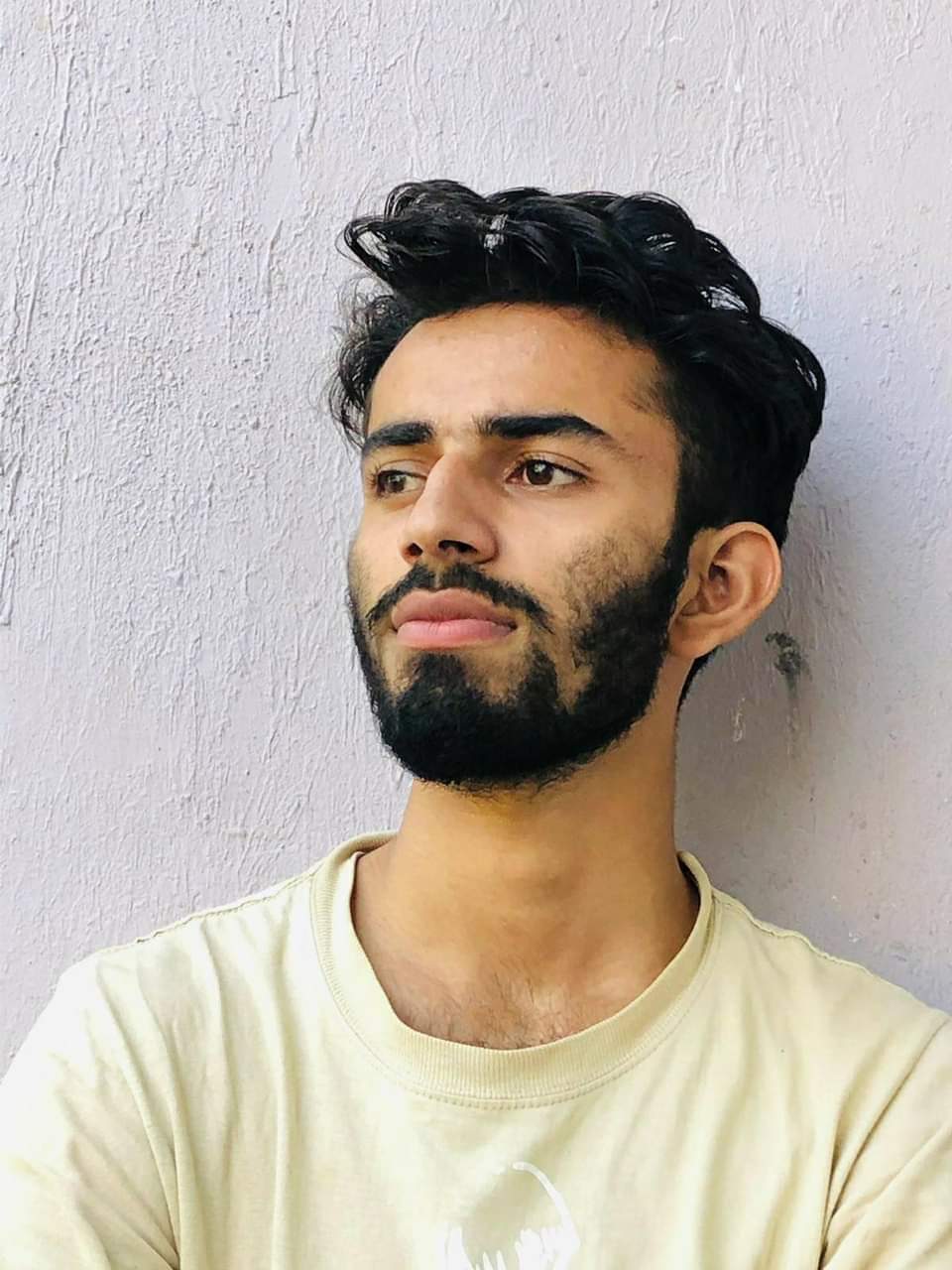Fiction Park
Politics above family
After spending years abroad, Anup returns to Nepal and finds himself caught between his mother’s desire for him to marry and his father’s unexpected political ambitions.
Sugam Gautam
Tribhuvan International Airport was bustling with the crowd of passengers when Anup stepped out of the plane. Looking around, he saw many young students and adults, looking both perplexed and hopeful about their journey abroad. The government did little to keep Nepali residents living in the country. As a result, more and more Nepalis went abroad for education or work. Eight years ago, Anup had also left Nepal for Australia to study. He came to Nepal often but kept his visits short. Now that he had finished his master’s, he was excited to spend more time with his family at home.
His mother was now urging him to find a good match for marriage, exclaiming frequently, “No one will marry you once your hair turns grey. If you can’t find a good girl yourself, we’ll help you search.” Anup thought he was still too young to get married. His father, Mr Pandey, didn’t get involved when his wife and son argued about marriage. He simply listened without expressing his opinion. Mr Pandey believed that fate couldn’t be changed, and there was no point in trying to force things in your favour.
When Anup arrived at the airport, his mother, Sakuntala, had come to pick him up but couldn’t locate him in the crowd. Soon, Anup appeared, dragging his luggage and eagerly searching for his parents. He was expecting to see both his parents, but when he saw his mother standing alone, he guessed his father was probably out of town.
Seeing her son, Sakuntala couldn’t hold back her emotions and hugged him when he came close to her. Her eyes welled up with tears. Anup could only smile in response. As they got into a taxi to go home, Anup asked about his father. “Your father has decided to enter in his old age. So, he has no time for anything else,” replied Sakuntala, closing the taxi door.
Anup was surprised by this. During their video calls, his father hadn’t mentioned running in an election. While Anup knew his father had a strong interest in politics, he never expected him to become a candidate. That morning, when Sakuntala had excitedly suggested they should reach the airport by 11, Mr Pandey had said, “I have a meeting to attend. Please go and pick him up.” Sakuntala felt disappointed. Their son was returning after some time, and Mr Pandey had prioritised his party meeting over welcoming their son at the airport. However, she had grown used to her husband’s negligence in familial matters.
The general election was just three months away, and all the parties had started their preparation in full swing. A new party called NDOP had emerged, causing the older parties to worry about retaining their usual support. NDOP had attracted experts from various fields, leading to predictions that it could challenge the major parties. However, political analysts argued that if NDOP garnered a large count of votes, it would be because of the public’s growing frustration with old parties. Mr Pandey knew the party would offer him an election ticket, so he’d been busy preparing his agendas.
One evening, as Anup was tending to the garden, Mr Pandey returned home. The father and son headed to the kitchen where Sakuntala was cooking mutton for dinner. The small family was finally together for a meal. Sakuntala hoped Anup’s presence would bridge the gap between her and her husband. Mr Pandey believed his son’s expertise would be valuable in his political endeavours. Anup was an aspiring economist, and like his father, he also wrote newspaper columns, but his spectrum was much wider as he wrote for reputed media worldwide. Politicians and experts in Nepal admired him for his ability to explain micro elements with great depth. In their Krishna Tole neighbourhood, however, he was known more as their maestro Mr Pandey’s son than as an economist.
After dinner, the family gathered in the living room, and Mr Pandey broached the topic of politics with his son. “Anup, I didn’t consult you before joining NDOP. With the upcoming general election, there’s a lot of work to do, and your presence here motivates me. We’ll visit the party office tomorrow.”
Anup listened calmly, but Sakuntala clearly disapproved. She suggested, “Let him rest for a couple of days.” Mr Pandey replied, “The party office isn’t far, and we’ll go by car.” Sakuntala didn’t say more. Anup and his father talked for hours, and Anup gained a lot of insights into NDOP. It was 11 pm when he retired to his bedroom.
Weeks went by, and Anup actively joined his father’s political campaign. Party members were eager to have him on board, but Anup was adamant about pursuing a PhD in Economics before considering party membership. Moreover, he believed he had a bright future and was made for even greater things.
Mr Pandey was proud to have his son by his side but, Sakuntala wasn’t pleased with Anup’s involvement in his father’s campaign. She wished Anup would stay home so that she could cook him his favourite dishes, watch his favourite shows together and talk about all the things he experienced in Australia. She wanted more time with her son, who would soon fly back to Australia and return home after years.
Above all, she wanted him to marry before going back. She knew Anup had no girlfriend and wasn’t keen on marrying soon, but she hoped he might change his mind with a little persuasion. She even asked relatives to look for a potential match, while Mr Pandey seemed unaware or unconcerned about this.
A few weeks before the election, a close relative visited their home. She wasn’t a frequent guest but occasionally checked on Sakuntala. This time, she came to discuss a potential match for Anup. The woman was from a well-to-do family, and Sakuntala was confident she had found a suitable match for Anup. Sakuntala was overjoyed to learn that the prospective partner was a politician’s daughter who had recently completed her master’s from Kathmandu University. She was delighted when shown photos of the girl.
However, Sakuntala realized that the girl’s father was from a rival political party which could be a hindrance to the match. Would Mr Pandey show interest in this relationship, or would it depend on his party's interests? If there were political advantages, he might encourage the marriage. If not, the match wouldn’t be possible. This realisation left Sakuntala feeling conflicted, but she went to prepare dinner for her husband and son, who would soon return home from their political campaign.
This is a sequel to Gautam’s story ‘For the love of politics’ published in the Post earlier this year.




 9.15°C Kathmandu
9.15°C Kathmandu










